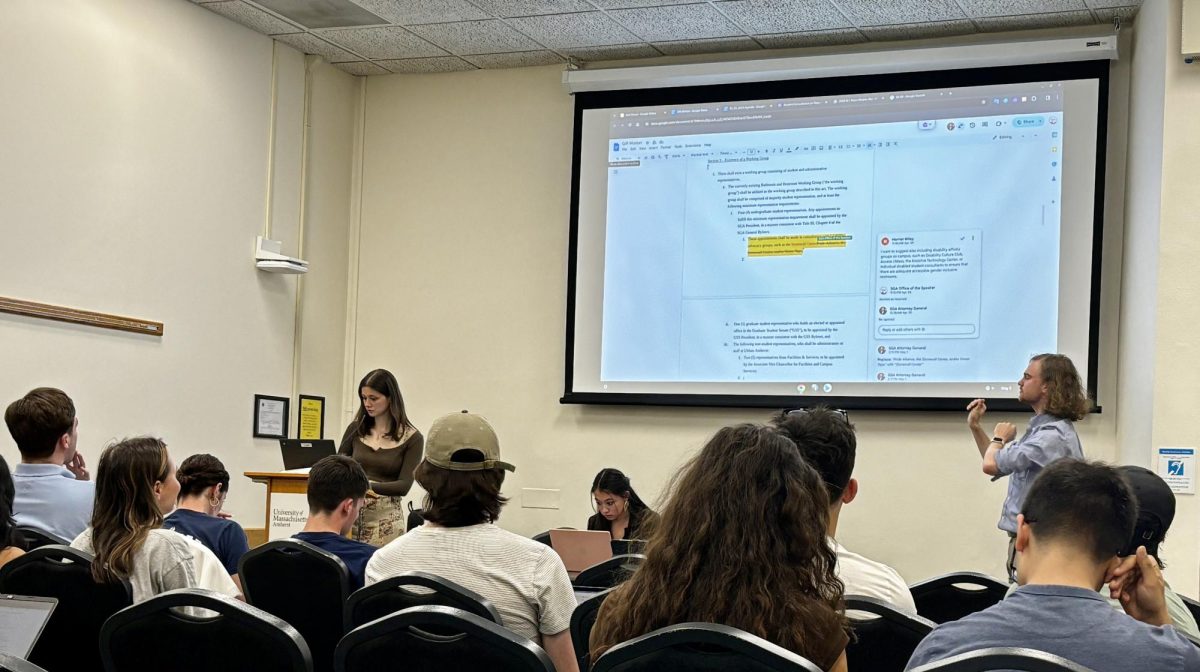Flexing their new large majority in the House, Republicans early Saturday morning pushed through a bill that cuts more than $61 billion from last year’s spending levels, setting up a showdown with Senate Democrats, who have vowed to block it, and President Obama, who has said he’ll veto it.
The bill, which funds the government for the rest of fiscal 2011, marks the deepest dollar-amount discretionary spending cuts in history, and Republicans, said it makes good on their campaign promise to return spending to pre-stimulus levels.
Along the way, the House considered hundreds of amendments and held separate roll-call votes on about 100 in a herculean debate that spanned from Mr. Obama’s new health care law to environmental rules to whether the military should be sponsoring NASCAR racing teams.
“Our action serves as the historic turning point from a Congress that ignored the will of the people to a Congress that responds to the will of the people,” said House Majority Leader Eric Cantor, Virginia Republican. “This is the first of many steps by the House to trim spending, live within its means, and get people back to work.”
The 235-189 vote was deeply partisan. Not one Democrat voted for the measure, and they were joined by three Republicans who voted against it, including some conservatives who had wanted to see deeper cuts.
Democratic leaders said they, too, want to rein in the deficit, but said cutting spending now, and so deeply, would be to “jam on the fiscal breaks.”
“It will slow economic growth, increase unemployment and thereby increase the deficit,” said Rep. Norm Dicks, the ranking Democrat on the Appropriations Committee.
He and other Democratic leaders said they would rather have a spending freeze at current levels, and wanted to offer that plan as a substitute for Republicans’ bill, but the rules for debate prevented them from bringing it to the floor.
Earlier this week the Social Security Administration warned employees that if the cuts are signed into law, it will have to furlough some employees.
But Republicans, pointing to a projected record $1.6 trillion deficit looming this year, said a freeze is not good enough to get the country onto a sustainable path.
During the freewheeling, four-day debate the House repeatedly voted — often with bipartisan support — to overturn some of Mr. Obama’s policies of the past two years: They voted to block implementation of last year’s health care law, to prevent the administration from enforcing global warming rules and, in one overwhelming vote, to stop new limits on for-profit schools.
The House also voted to stop any federal funding from going to Planned Parenthood, a network of abortion and women’s health clinics; killed some pet projects that top leaders had protected for years; and voted to block the Federal Communications Commission from issuing “net neutrality” rules.
All told, 67 amendments passed.
The spending bill is already nearly five months overdue, since the fiscal year began Oct. 1. Democrats, who controlled all the levers of government last year, failed to pass a budget or any of the dozen regular spending bills, instead using a stop-gap measure to fund the government through March 4.
Republicans’ bill would spend at a rate of $1.2 trillion per year, which is $61 billion less than 2010 levels, and at least $100 billion less than what Mr. Obama had called for spending this year.
Now, that March 4 deadline looms ever larger. Congress is on a weeklong vacation in honor of George Washington’s birthday, and when it reconvenes, Senate leaders have said they will tackle the thorny issue of patent law, leaving the fate of the spending bill in limbo.
Without a new spending bill, the government would shut down.
Congress could pass another short-term stop-gap bill, but even there, Republicans and Democrats disagree. House Speaker John A. Boehner has said any such bill would also have to include spending cuts, and Democratic leaders accused him of taking an antagonistic line.












